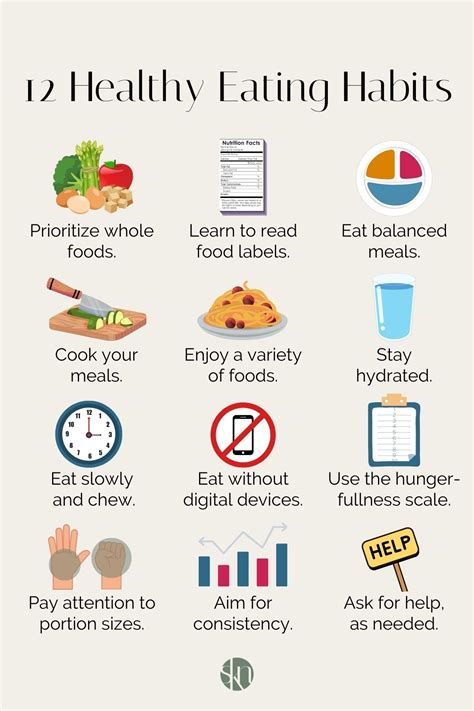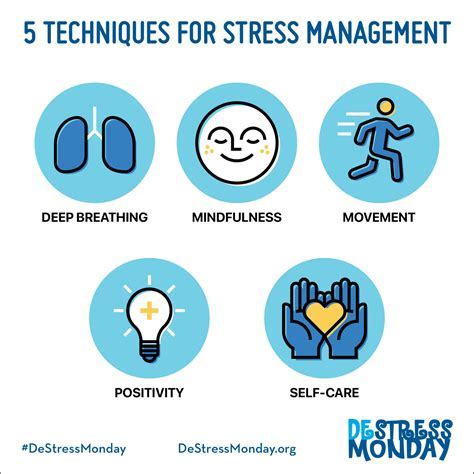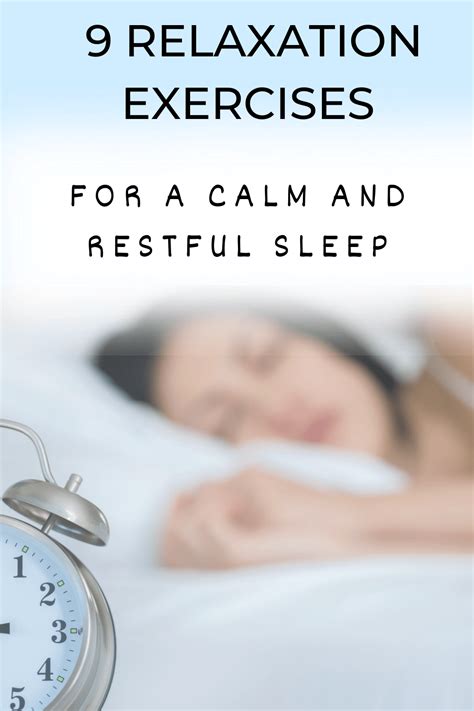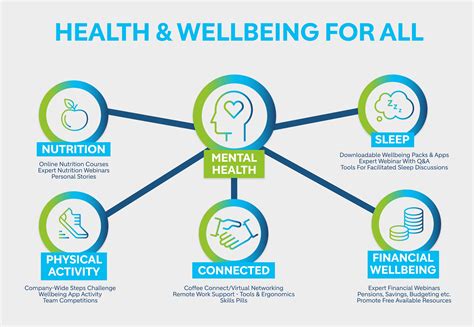Intro
Boost well-being with 5 essential health tips, covering nutrition, fitness, stress management, mental wellness, and self-care strategies for a balanced lifestyle.
Maintaining good health is essential for living a happy and productive life. With so many factors affecting our well-being, it can be challenging to know where to start. However, by incorporating simple and effective health tips into our daily routine, we can significantly improve our overall health. In this article, we will explore five essential health tips that can help you achieve a healthier and happier life.
Staying healthy is not just about avoiding illnesses, but also about feeling good physically, mentally, and emotionally. By adopting healthy habits, we can boost our energy levels, improve our mood, and increase our life expectancy. Moreover, good health enables us to perform daily tasks with ease, enjoy quality time with loved ones, and pursue our passions without any limitations. Whether you're looking to lose weight, manage stress, or simply feel more energetic, these five health tips are an excellent starting point.
Adopting a healthy lifestyle requires commitment, patience, and dedication. It's essential to understand that developing healthy habits takes time, and it's normal to encounter setbacks along the way. The key is to be consistent, persistent, and kind to ourselves as we work towards our health goals. By making small, incremental changes to our daily routine, we can create lasting habits that benefit our overall well-being. In the following sections, we will delve into the five health tips, providing you with practical advice, expert insights, and inspiring examples to help you achieve optimal health.
Healthy Eating Habits

Some practical tips for healthy eating include:
- Drinking plenty of water throughout the day
- Limiting sugary drinks and saturated fats
- Cooking at home using fresh ingredients
- Avoiding processed and packaged foods
- Eating regular, balanced meals to maintain stable energy levels
Nutrient-Dense Foods
Nutrient-dense foods are rich in vitamins, minerals, and antioxidants, making them an excellent choice for a healthy diet. Examples of nutrient-dense foods include: * Leafy green vegetables like spinach and kale * Berries, such as blueberries and strawberries * Nuts and seeds, like almonds and chia seeds * Fatty fish, like salmon and sardines * Sweet potatoes and other whole grainsRegular Exercise

Aim to incorporate a mix of aerobic exercise, strength training, and flexibility exercises into your routine. Examples of regular exercise include:
- Brisk walking, jogging, or cycling
- Swimming, dancing, or other low-impact activities
- Weightlifting, bodyweight exercises, or resistance band training
- Yoga, Pilates, or other flexibility exercises
Creating an Exercise Routine
To create an exercise routine that suits your lifestyle, consider the following tips: * Schedule exercise into your daily planner or calendar * Find an exercise buddy or join a fitness class for motivation * Start with short, manageable sessions and gradually increase duration and intensity * Listen to your body and rest when needed * Mix up your routine to avoid boredom and prevent plateausStress Management

Some practical stress management techniques include:
- Deep breathing exercises and meditation
- Yoga, tai chi, or other mindfulness practices
- Journaling or expressive writing
- Spending time in nature or engaging in outdoor activities
- Seeking social support from friends, family, or a therapist
Self-Care Activities
Self-care activities are essential for managing stress and maintaining overall well-being. Examples of self-care activities include: * Reading, listening to music, or enjoying hobbies * Taking a relaxing bath or getting a massage * Practicing gratitude or positive affirmations * Getting enough sleep and maintaining a consistent sleep schedule * Engaging in creative pursuits, like painting or drawingSleep and Relaxation

To improve sleep quality, try the following tips:
- Establish a consistent sleep schedule
- Create a relaxing bedtime routine
- Avoid screens and electronic devices before bed
- Create a dark, quiet sleep environment
- Avoid stimulating activities or heavy meals before bedtime
Relaxation Techniques
Relaxation techniques can help to reduce stress and promote relaxation. Examples of relaxation techniques include: * Progressive muscle relaxation * Visualization or guided imagery * Mindfulness meditation or deep breathing exercises * Yoga or tai chi * Listening to calming music or nature soundsMental Health and Well-being

Some practical tips for maintaining good mental health include:
- Practicing gratitude and positive affirmations
- Engaging in creative pursuits or hobbies
- Setting realistic goals and celebrating achievements
- Seeking social support from friends, family, or a therapist
- Taking breaks and practicing self-care
What are the benefits of regular exercise?
+Regular exercise can help to boost energy levels, improve mood, and increase strength and flexibility. It can also reduce the risk of chronic diseases, such as heart disease and diabetes.
How much sleep do I need each night?
+Most adults need 7-9 hours of sleep each night to feel rested and alert. However, individual sleep needs can vary, and some people may need more or less sleep.
What are some effective stress management techniques?
+Effective stress management techniques include deep breathing exercises, meditation, yoga, and journaling. It's also important to prioritize self-care, set realistic goals, and seek social support when needed.
In conclusion, incorporating these five health tips into your daily routine can have a significant impact on your overall health and well-being. Remember to be patient, consistent, and kind to yourself as you work towards your health goals. By making small, incremental changes, you can create lasting habits that benefit your physical, mental, and emotional health. We invite you to share your favorite health tips, ask questions, or seek support from our community. Together, let's work towards achieving optimal health and happiness.
